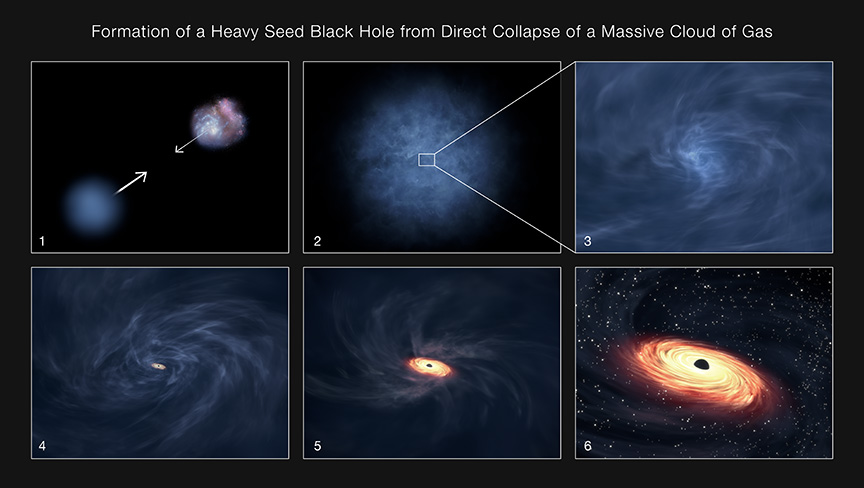Area 51 and the epistemology of the unexplained
- What if aliens have been visiting us all along?
- “Skeptical optimism” and investigations into the unknown
- Neurodiversity and deficiencies as sources of power

Between subjective experience and the things most people can accept as objective facts, there yawns a cavernous gulf. Imagine you’re on a stage in front of 50,000 strangers trying to explain what it felt like to fall in love for the first time. There are ways of going about it, but it sure ain’t easy. The facts most of us agree upon—things like gravity, our own mortality, global warming—they rest on reason, evidence, science. Clunky and fussy though they sometimes are, these are the best tools we have to test and replicate knowledge species-wide.
But what happens when someone claims that something’s objectively true, but reason, evidence, and/or science are insufficient to test it? Claims of hauntings, cryptozoological wonders, or alien technology under US military lock and key? This is the stuff of endless subreddits and secret societies. Of conspiracies and shadow-wars between skeptics and believers. Where evidence is lacking or disputed, things can get hella heated.
My guest today wants to “weaponize your curiosity” in the realms of these extraordinary beliefs. He’s Jeremy Kenyon Lockyer Corbell, a mixed-martial artist, a visual artist, and an investigative filmmaker. His new documentary is Bob Lazar: Area 51 and Flying Saucers. It raises some ghosts, some hell, and some unsettling questions.
The New York Times article Jeremy mentions about military sightings of UFOs
Surprise conversation starter clips in this episode:
Heather Heying on neurodiversity
Michelle Thaller on how religion affects our view of the cosmos





